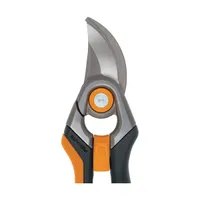Do you need to prune eggplants? Experts are split on the merits of reaching for the pruning shears
To prune or not to prune? We take a look at any potential advantages and how to properly complete the task

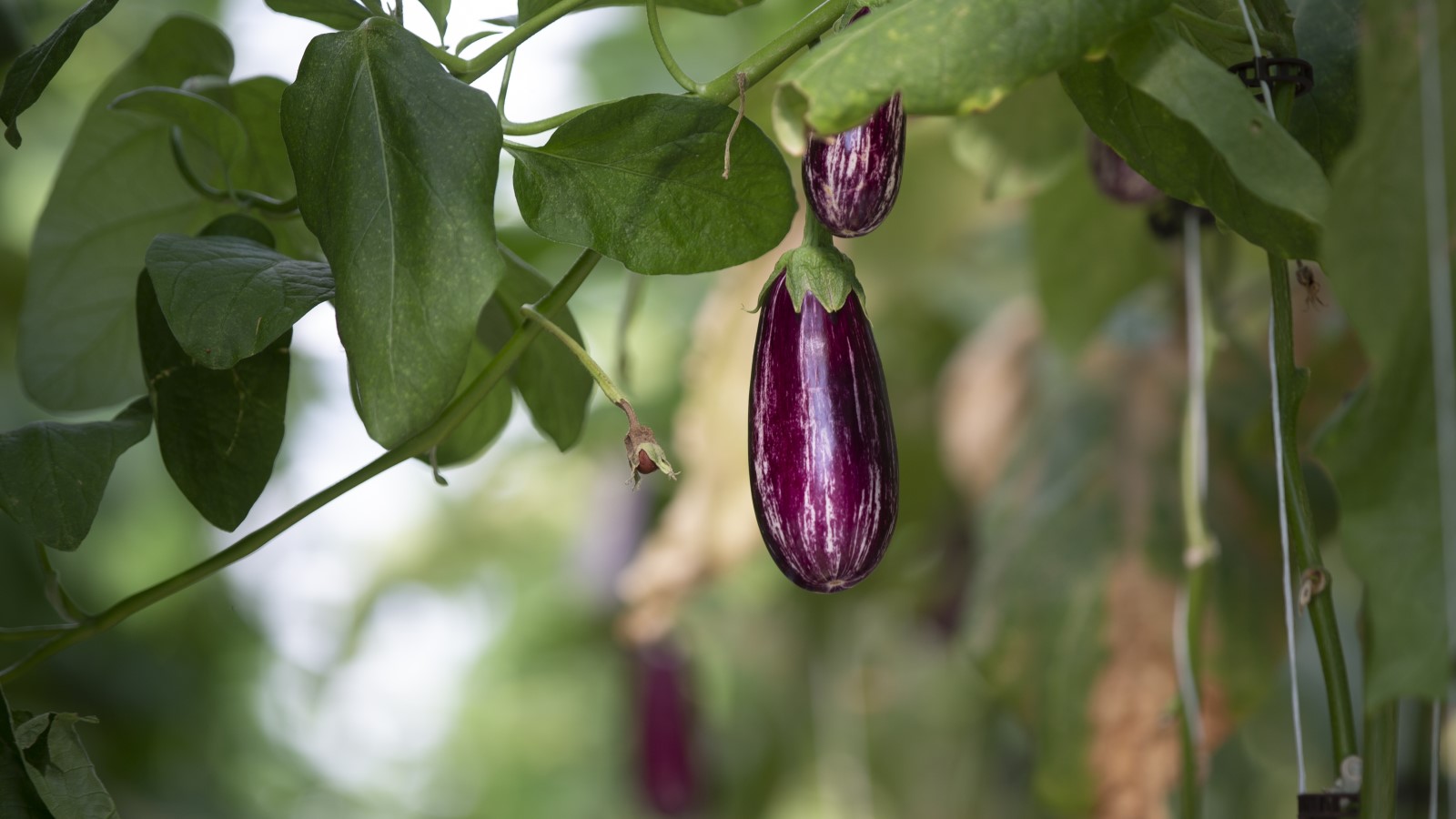
Design expertise in your inbox – from inspiring decorating ideas and beautiful celebrity homes to practical gardening advice and shopping round-ups.
You are now subscribed
Your newsletter sign-up was successful
Want to add more newsletters?

Twice a week
Homes&Gardens
The ultimate interior design resource from the world's leading experts - discover inspiring decorating ideas, color scheming know-how, garden inspiration and shopping expertise.

Once a week
In The Loop from Next In Design
Members of the Next in Design Circle will receive In the Loop, our weekly email filled with trade news, names to know and spotlight moments. Together we’re building a brighter design future.

Twice a week
Cucina
Whether you’re passionate about hosting exquisite dinners, experimenting with culinary trends, or perfecting your kitchen's design with timeless elegance and innovative functionality, this newsletter is here to inspire
Eggplant is a crop that loves sun, and lots of it. They are commonly grown undercover in a greenhouse or polytunnel but do thrive outdoors when grown in hot climates. They grow fast and can be prolific, but do you need to prune them?
There appear to be two schools of thought when it comes to that question. Some gardeners believe it is not necessary and have had success without any pruning, while others claim there is a long list of benefits that come from giving your eggplants a trim.
If you are looking to learn how to grow eggplant, or are a curious grower looking to try something new with your plants in search of a bigger yield, then we take a look at whether pruning is a beneficial task to add to your gardening calendar going forward.
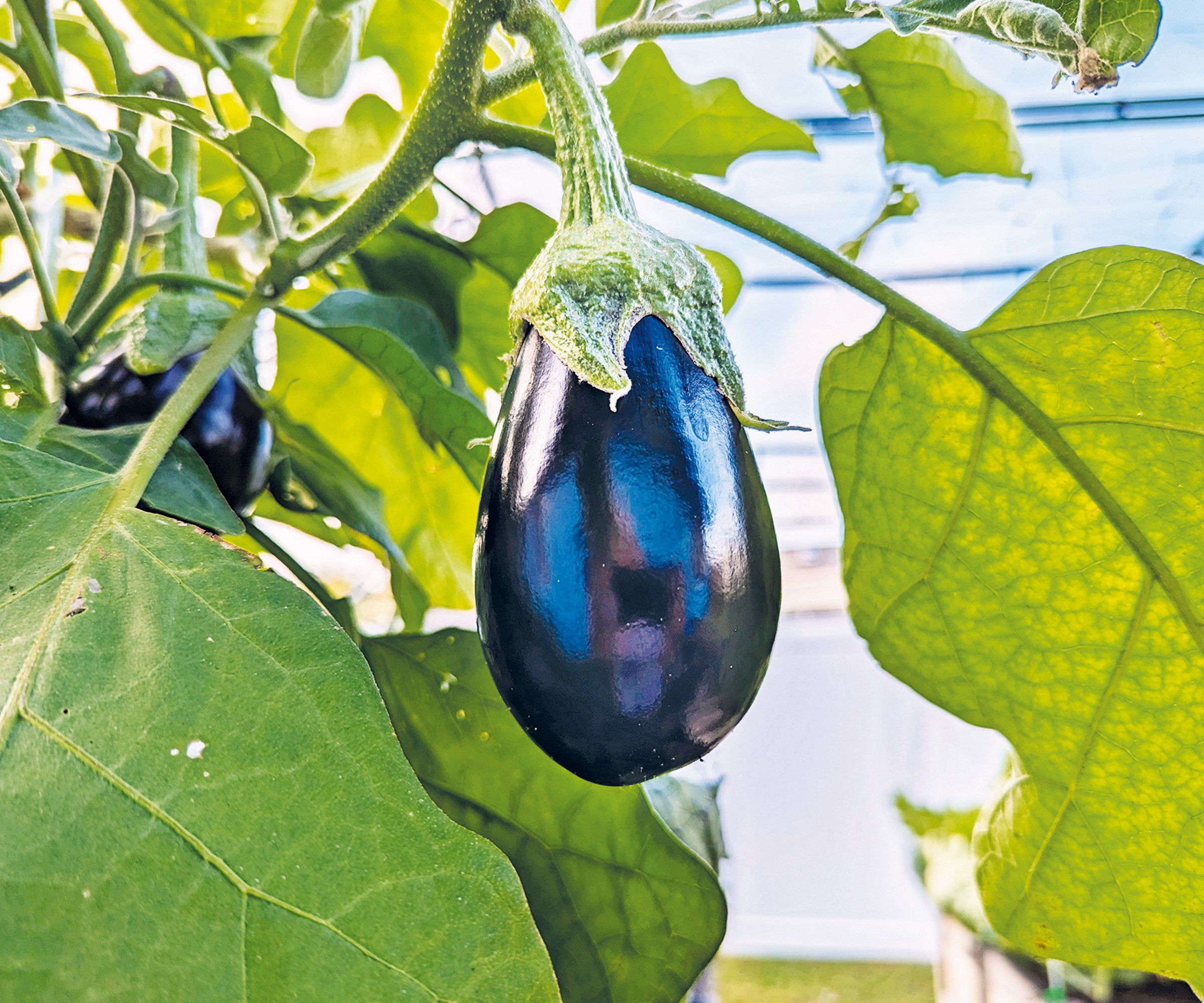
Eggplants like warm temperatures and a spot in full sun
Do you prune eggplant plants?
Eggplants do not necessarily need pruning. I have grown eggplants in polytunnels in the kitchen garden for years and never pruned them. It is important to support the plants and also keep them well-watered, but I always got a good crop without needing to get out my pruning shears, other than to harvest.
Annette Hird from Easy Urban Gardens is another who doesn’t see the need to prune, saying: ‘I've grown eggplants in my own garden for a number of years and I've never pruned them, except to maybe remove the browning leaves near the base of the stem.
‘Eggplants are usually grown as annual vegetables which means they complete their entire growth cycle in one season. In my opinion, as an expert gardener, I've never felt the need to prune eggplants.’
Gail Pabst from the National Garden Bureau is another who does not prune and warns that pruning could actually decrease the production of fruit, especially when it comes to modern compact eggplant varieties.
Design expertise in your inbox – from inspiring decorating ideas and beautiful celebrity homes to practical gardening advice and shopping round-ups.
However, there are many gardeners around the world who prune their eggplants and claim that it can be a worthwhile practice to give both healthier plants and increased yields.
Petar Ivanov, gardening and plant expert for Fantastic Gardeners, claims that pruning eggplants ‘offers several benefits and ultimately enhances the plant’s productivity’, adding it ‘can be very beneficial for their overall health and performance’.
By selectively removing excess stems and foliage the plant can focus energy on producing larger fruits, while the amount of air circulation and sunlight that penetrates into the plant will increase.
Diana Cox, an experienced home gardener and blogger from The Gardening Talk, recommends that growers add pruning eggplants into their annual routine ‘to boost fruit production’. She adds: ‘Through years of cultivating eggplants, I've discovered that regular pruning leads to robust plants with abundant, early, and evenly-ripened fruit.’
So, by pruning eggplants, you can apparently get a bigger harvest and also reduce the potential for diseases by boosting the movement of air. Let’s take a look at when and how you should prune eggplants if you want to add this task to your gardening to-do list.
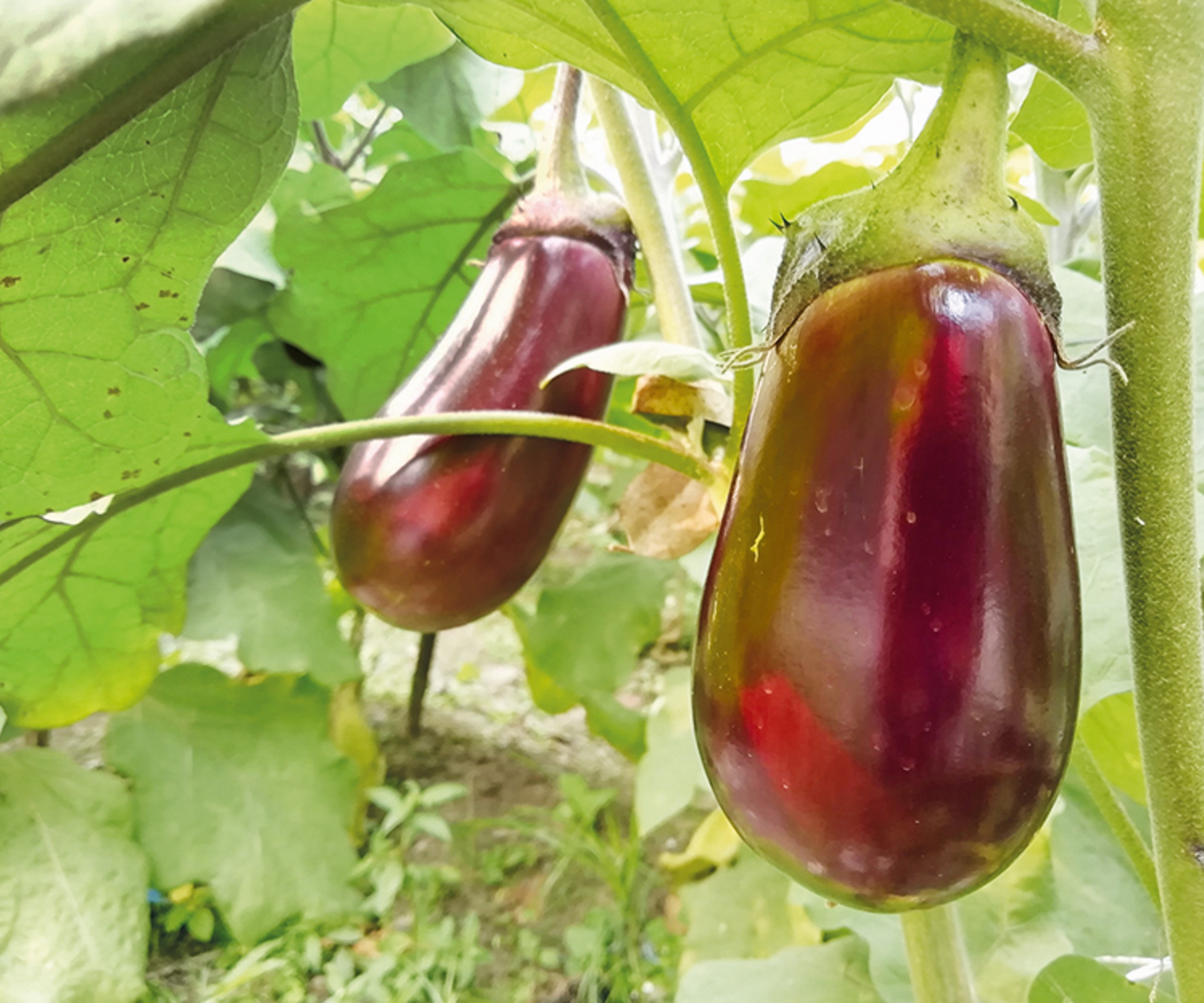
Eggplants are commonly grown from seed in early spring
When should you prune eggplant?
If you do decide to prune eggplants, then when is the best time of year to get out the pruning shears? Eggplant can either be grown in a greenhouse or outdoors in warmer climates, and the time to plant the vegetables out in their final spots is once any risks of frost have passed and night-time temperatures are no lower than 60°F.
John Ehrling is the president of Garden Savvy and a grower who claims that pruning eggplants ‘can be beneficial’ for healthier and more manageable plants, adding it can also make it easier to harvest fruit.
On the timing for pruning, he says: ‘The best time to prune eggplants is typically when the plants are well-established and have developed several sets of true leaves. It's generally recommended to prune them early in the growing season, around 4-6 weeks after transplanting or when the plants reach about 12-18 inches in height.’
By pruning eggplants at this stage in their lifespan, they should have started developing their first fruits. This means you can easier identify which branches are fruit-bearing and which are not. At this point, the plant should also be well-established in the ground and have enough energy reserves to be able to handle and recover from the pruning process.
Eggplants are commonly grown as annuals, however, in warmer US hardiness zones, or if they are protected from winter frosts, they can be productive for several years. This is where pruning is potentially more essential.
Pruning can take place in the fall once the fruit has been produced for the season. The options here are to prune the growth to just a few select stems or to cut the plant back completely to the lowest point of new growth ready to stimulate the growth of a complete set of new stems.
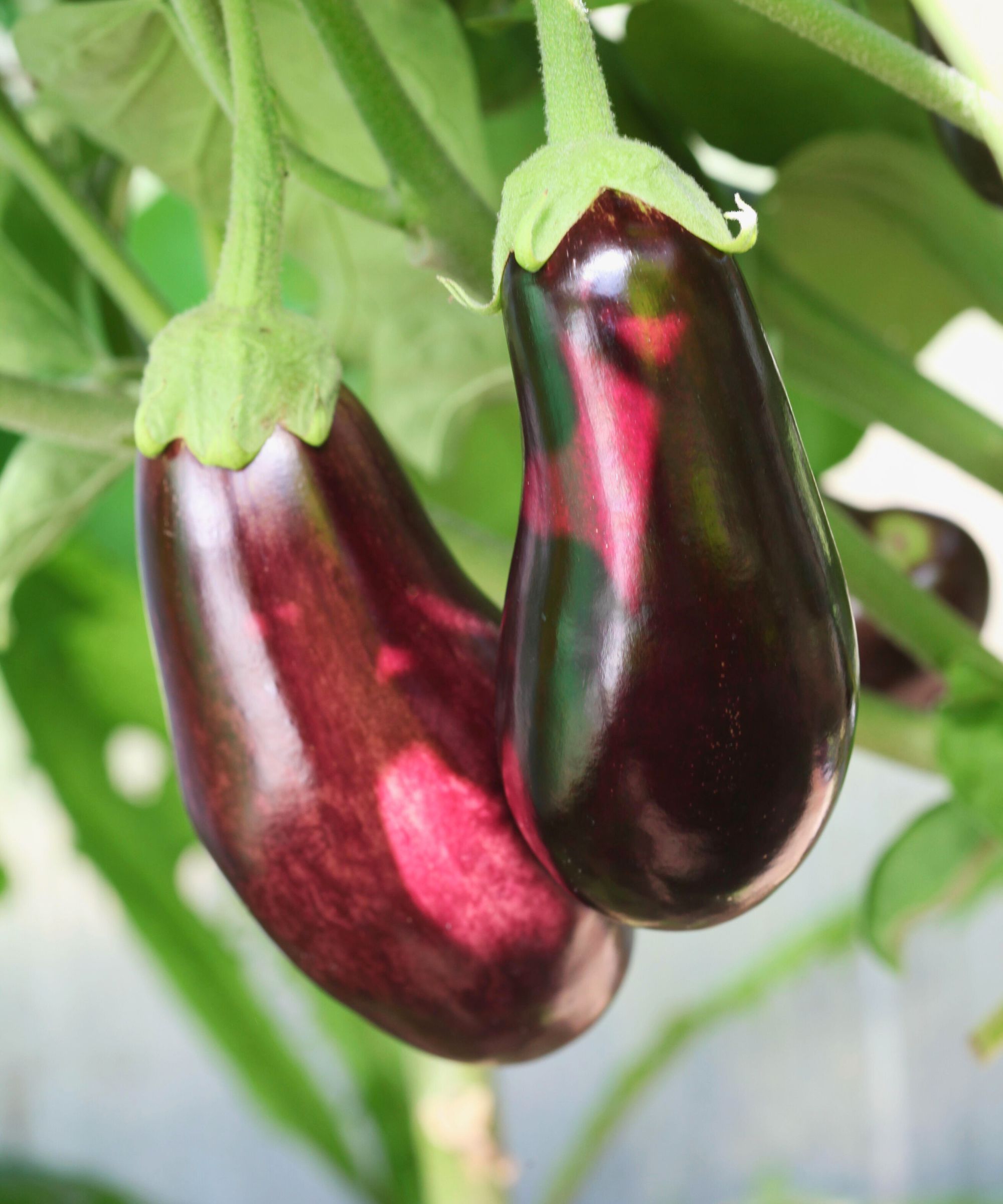
Eggplants need supports as fruits can weigh branches down
How to prune eggplant
Fern Berg, gardening expert & founder of Tree Vitalize, is another grower who prunes their eggplants and claims that pruning can help you get ‘maximum productivity’ from your plant. She adds that anyone living in an area of high humidity will benefit from pruning to promote good air circulation.
Pruning eggplant does require little in the way of tools, but make sure that you use clean and sharp pruning shears. This ensures that you make sharp and clean pruning cuts that help to prevent the spread of disease. A pocket-sized sharpener, such as this Garden Tool Blade Sharpener available on Amazon, is small and convenient to use for keeping tools sharp while out in the garden.
Fern outlines four simple eggplant pruning tips. The most important point to start with is to locate the main stem, the largest and most central stem that will provide the main support, and to make sure you keep this at all times.
- Remove any leaves that are close to the ground, this will help protect your eggplant against soil-borne disease. Also, remove any damaged or diseased leaves or branches
- Aim for 3-5 main fruiting branches. Look for fruiting branches that bear small blossoms or fruit and leave these alone
- Any other non-fruiting branches that are growing inwards, or creating dense clusters, should be removed close to the main stem
- If your plant is full of suckers, prune those off. A sucker is a new branch growing out from where the leaf connects to the main stem of the plant. Continue to monitor and remove suckers regularly as the plant grows
You want growth to be even and not denser or bushier on one side than the other. If you need to, continue making small cuts to even up the overall size and shape. Any foliage taken off the plants can be used to make compost and recycle nutrients back into the garden.
Tony O’Neill, a gardening expert and author at Simplify Gardening, says that the goal of pruning eggplants is to ‘balance plant growth and fruit production’. He adds: ‘Too much pruning can stress the plant, while too little may lead to smaller fruits and a higher risk of disease. Continue to monitor the plant as it grows. If new, non-fruit-bearing branches emerge, prune them.’
Whether you prune your eggplant or not, the fruits should be ready to pick from mid-summer onwards. The exact timing for when to pick eggplant will depend on where you are growing the crop and what the weather has done since the plant went into its final position in the ground, or as part of a container garden.
It tends to take up to 90 days to go from planting to harvesting, however, increasing the amount of sunlight the fruit gets by pruning could speed up that timeframe.
Fiskars Forged Pruner | Available at Amazon
These pruning shears have a bypass-style steel blade that stays sharp and are ideal for pruning plants such as eggplants
If you are planning a greenhouse that includes growing eggplant, or thinking of putting the crop in your vegetable garden, then the choice is yours whether you want to prune or not. There are obvious benefits that can come from pruning, but the fact that experienced growers have had no problems not doing it shows it is not an essential task.

Drew has worked as a writer since 2008 and was also a professional gardener for many years. As a trained horticulturist, he worked in prestigious historic gardens, including Hanbury Hall and the world-famous Hidcote Manor Garden. He also spent time as a specialist kitchen gardener at Soho Farmhouse and Netherby Hall, where he grew vegetables, fruit, herbs, and cut flowers for restaurants. Drew has written for numerous print and online publications and is an allotment holder and garden blogger. He is shortlisted for the Digital Gardening Writer of the Year at the 2025 Garden Media Guild Awards.
